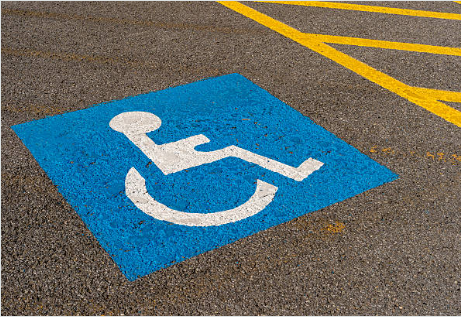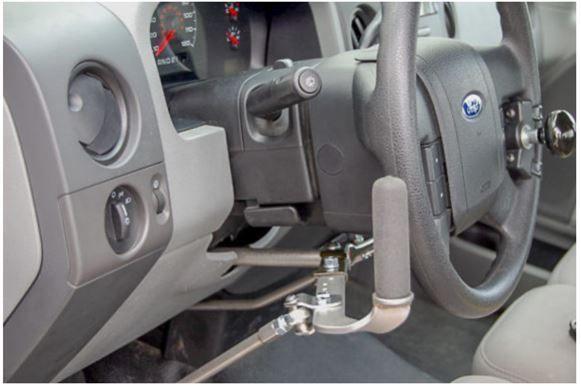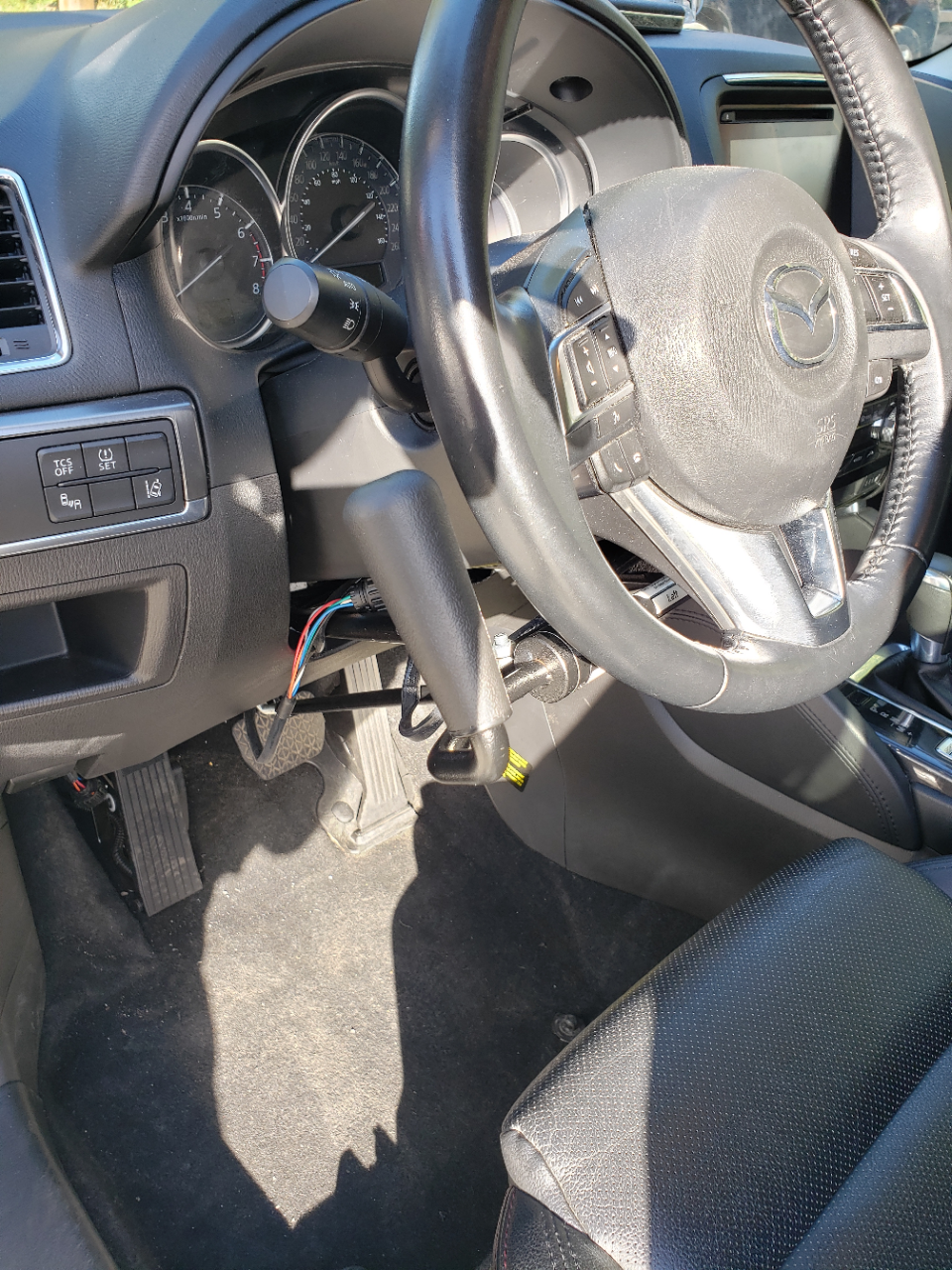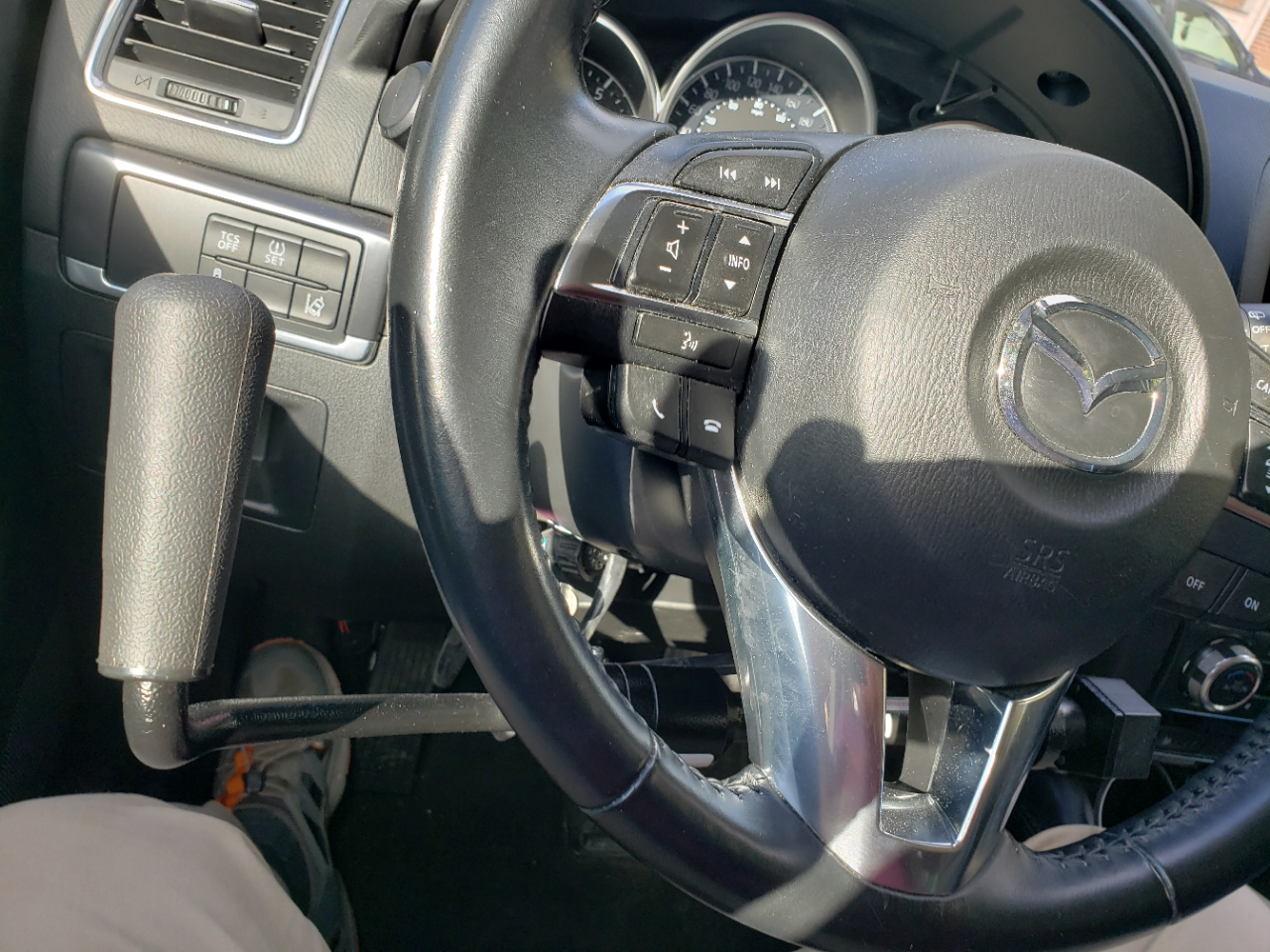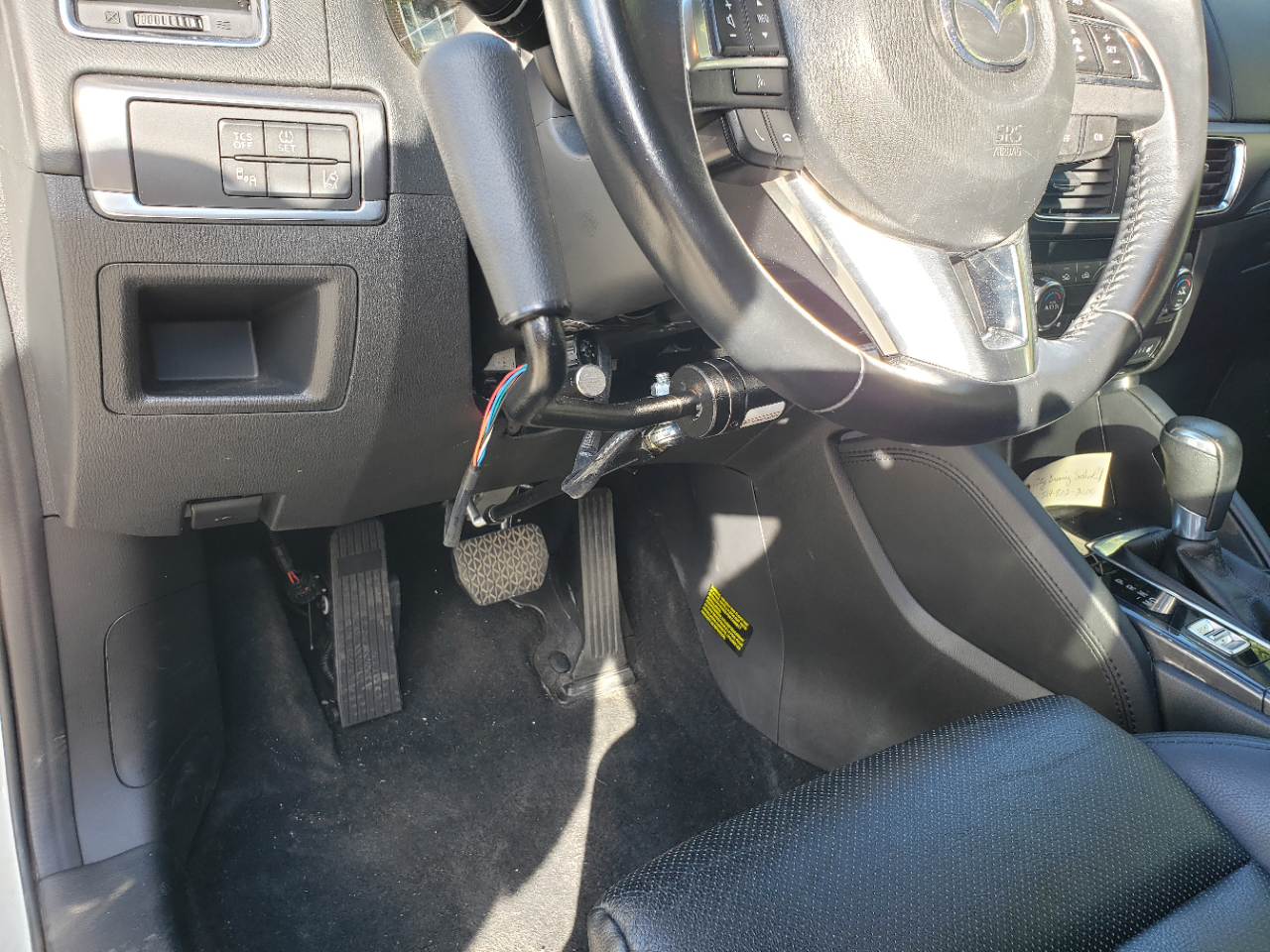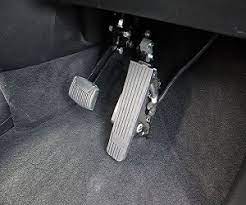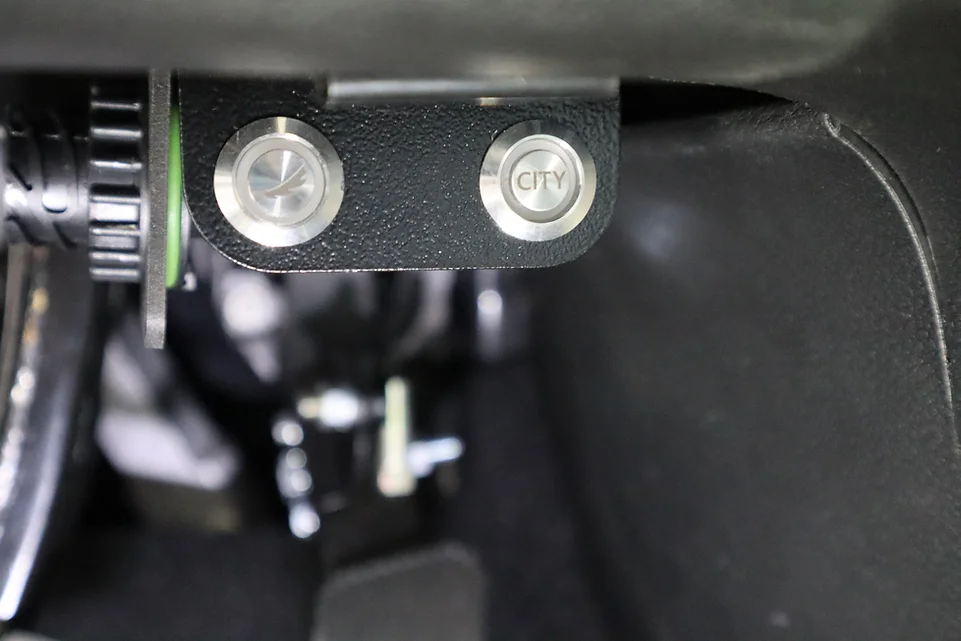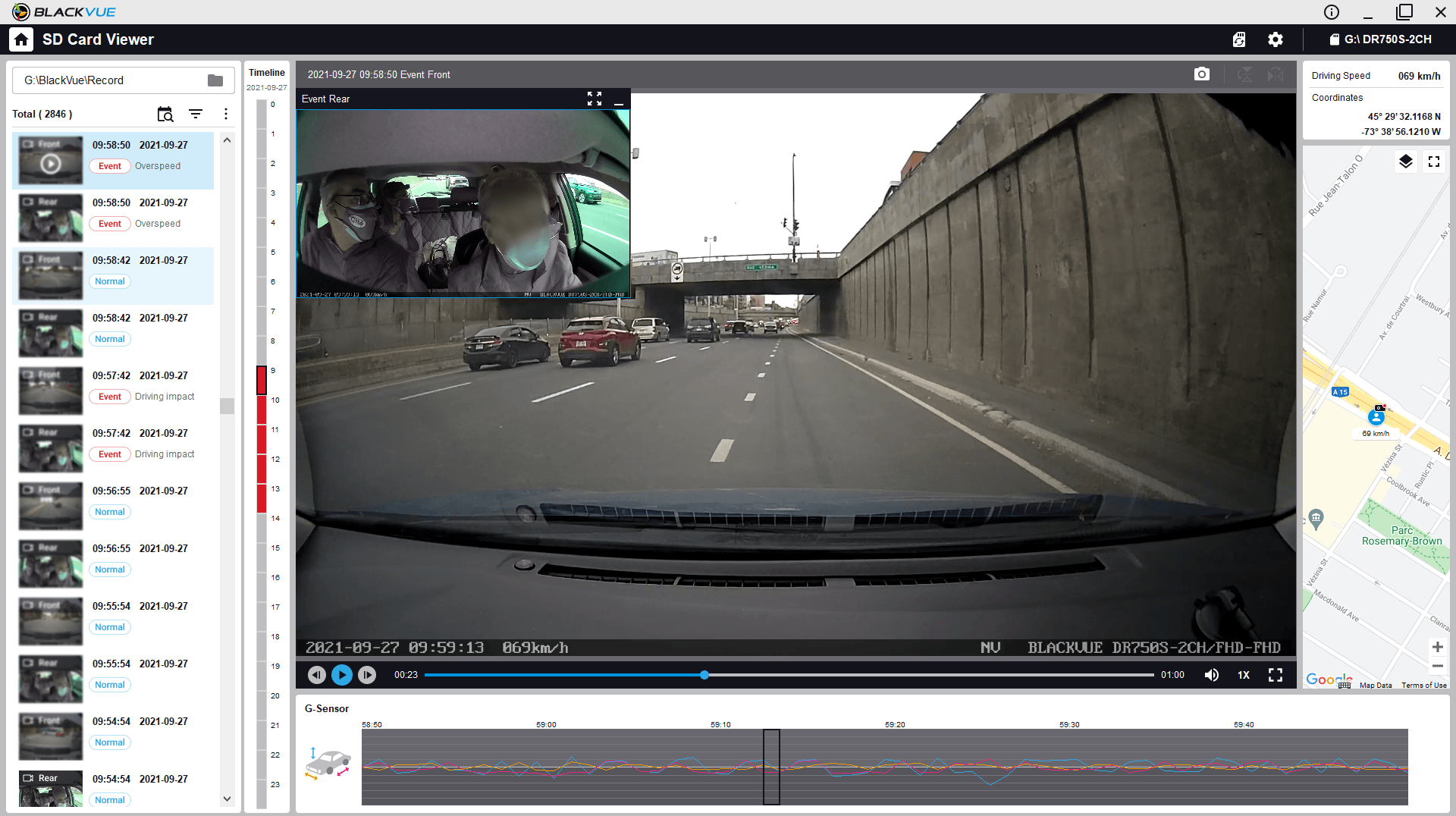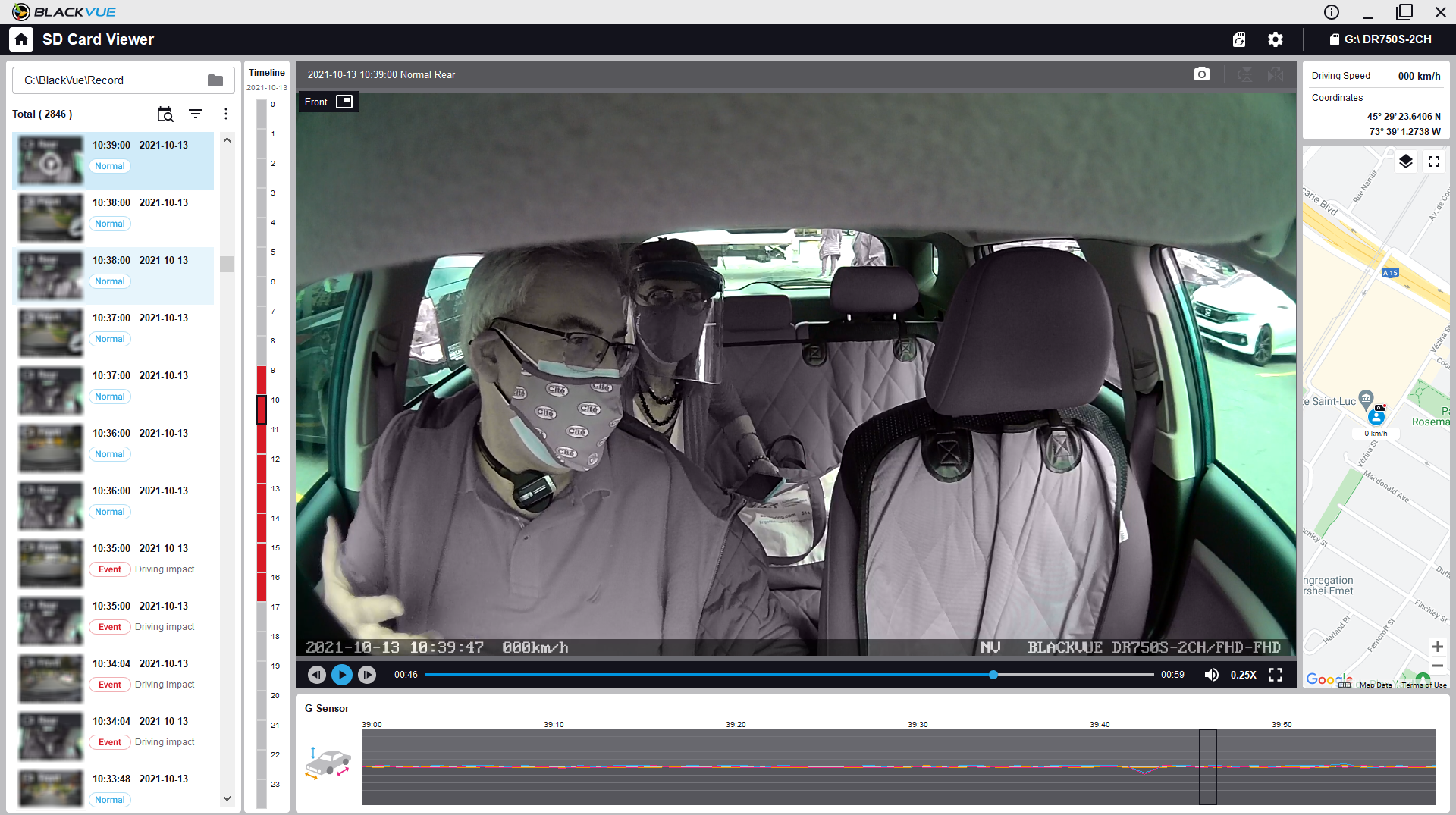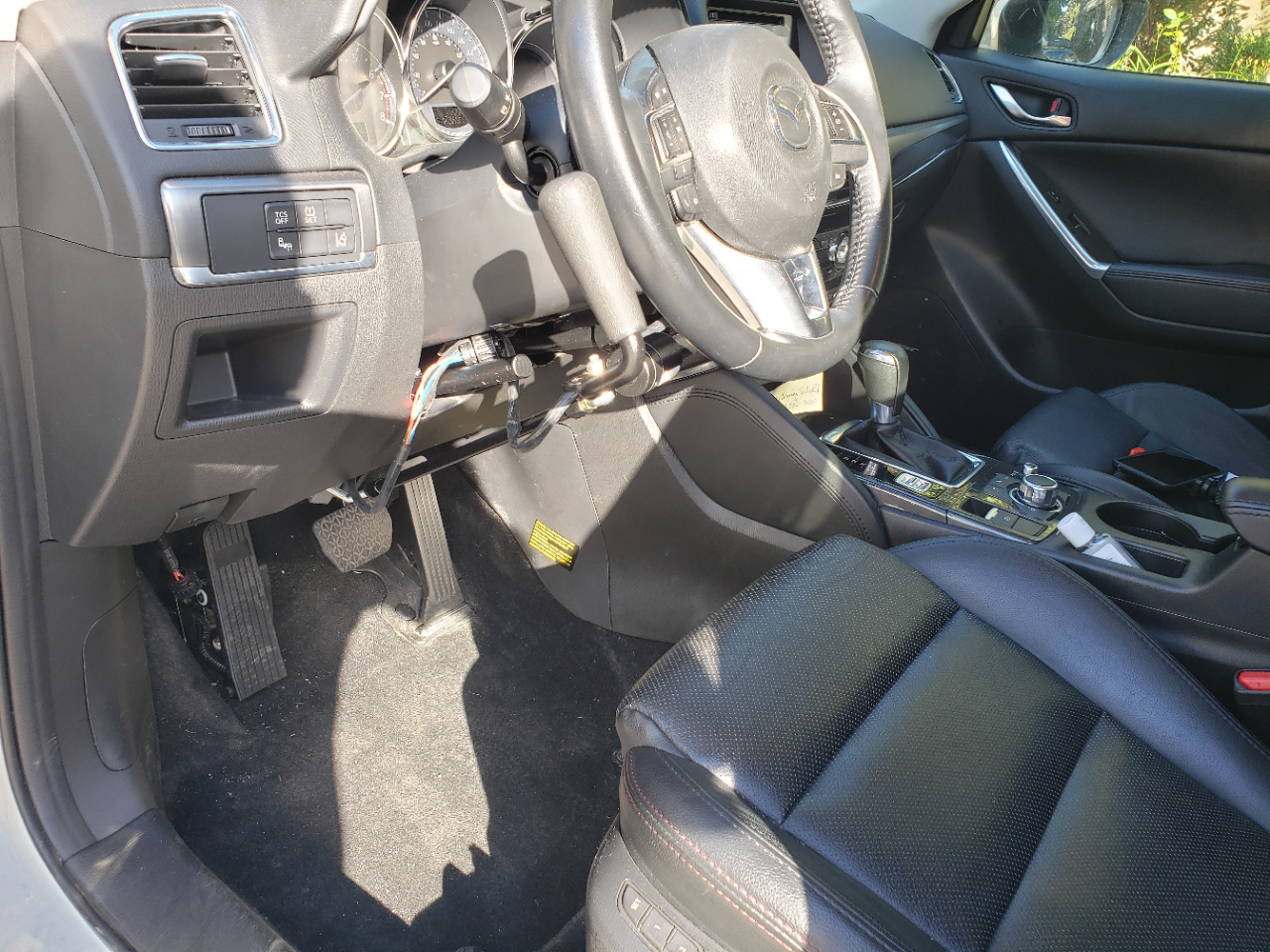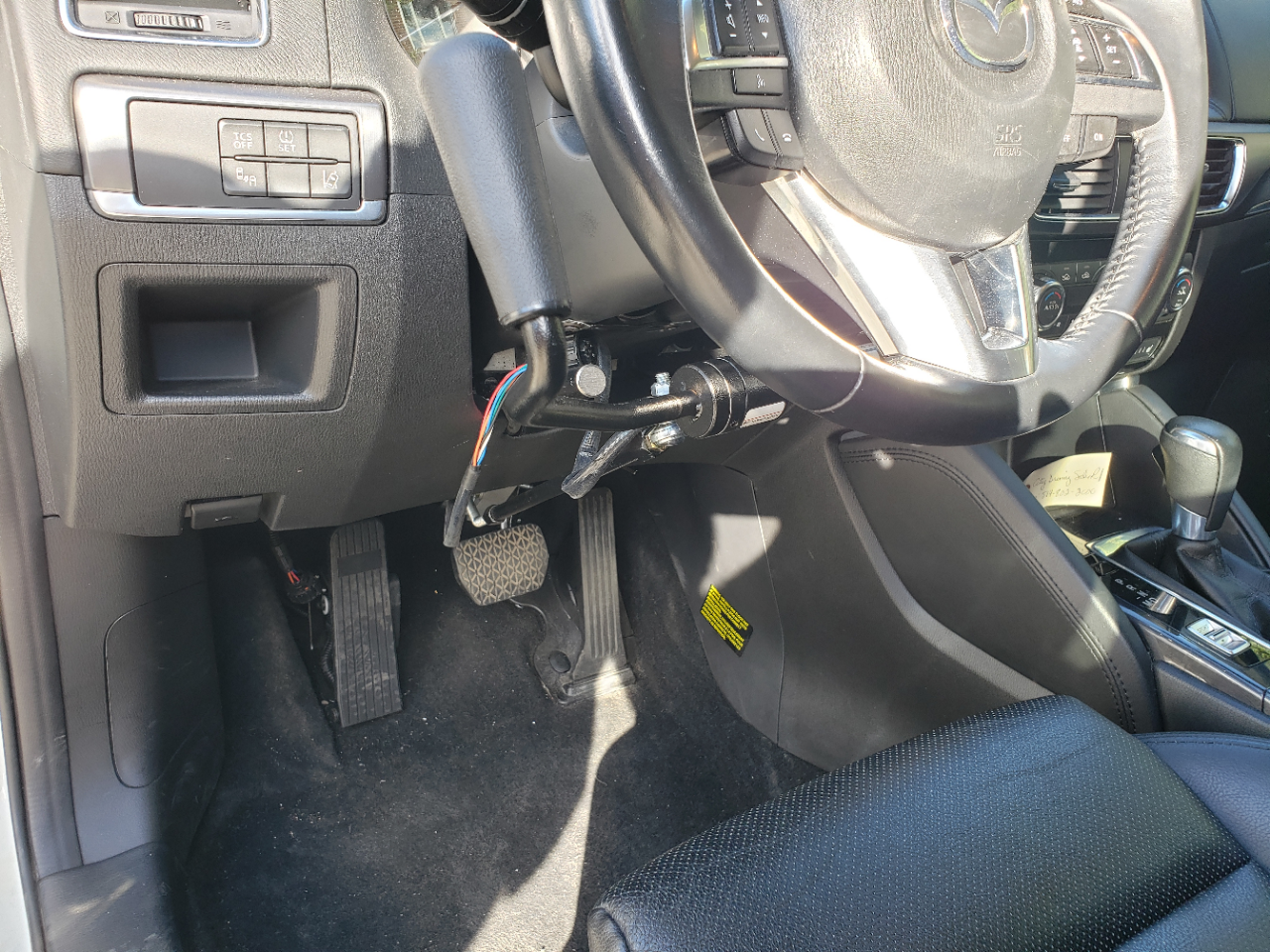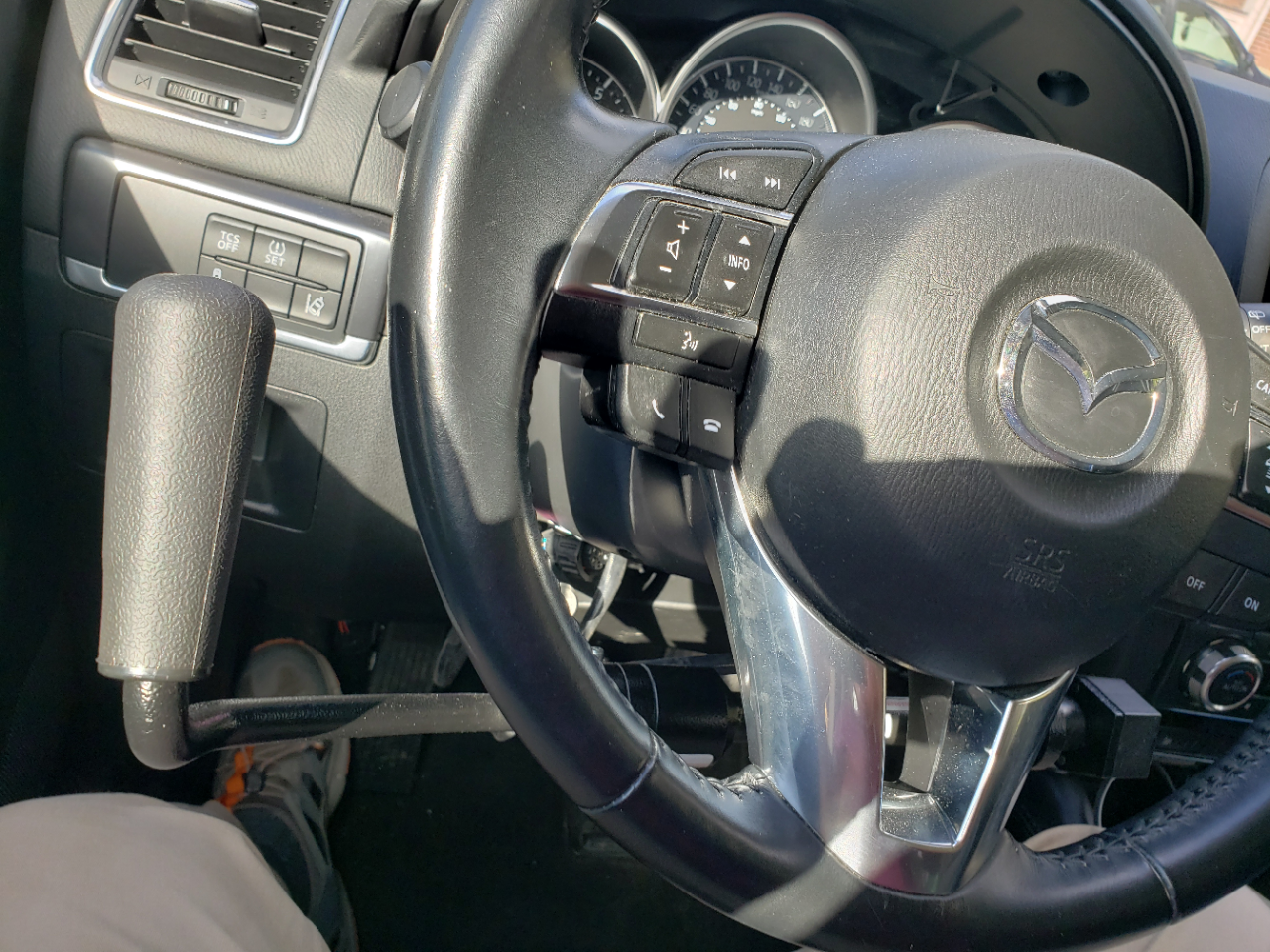DRIVER REHABILITATION SPECIALISTS
Whether it’s for work, family obligations, errands, social engagements or medical appointments, driving keeps us independent and allows us to be productive and add to our overall sense of wellbeing.
Overall, driving is the most dangerous activity that we do on a daily basis. Driving comprises of three skills necessary: perceptual, cognitive and psychomotor.
When someone’s ability to drive is limited due to an injury, illness or disability, the consequences can be devastating and overwhelmingly stressful for the individual and their family. Intervention may be required with driver rehabilitation.
What is driver rehabilitation?
Driver rehabilitation is a process of evaluating and training individuals with physical, cognitive, or visual impairments to ensure that they have the skills and abilities necessary to operate a motor vehicle safely. The goal of driver rehabilitation is to help individuals with disabilities maintain their independence and mobility by providing them with the resources and support they need to drive safely.
Driver rehabilitation typically begins with an evaluation, during which a trained professional assesses the individual's physical and cognitive abilities, as well as any visual impairments or other challenges that might affect their ability to drive. Based on the results of the evaluation, the professional may recommend a variety of interventions, including specialized driving equipment or adaptive devices, driving simulation training, or on-road driving instruction with a certified driving instructor.
Driver rehabilitation may be recommended for individuals with a wide range of conditions, including stroke, traumatic brain injury, spinal cord injury, amputation, visual impairments, and neurological disorders. It is typically provided by a team of professionals, including occupational therapists, rehabilitation engineers, and driving instructors, who work together to help individuals with disabilities regain or maintain their driving skills.
Getting life back into order often requires months of waiting for medical issues to be properly assessed, treated and stabilized. But what about getting behind the wheel and on the road and how do driving instructors aid in driver rehabilitation?
City Driving School, family run since 1958, can assist with driving rehabilitation, once a certified occupational therapist completes a comprehensive assessment of
- Physical capabilities
- Cognitive and perceptual motor abilities
- Reaction time
- Visual acuity, including night vision
- Decision-making skills
The occupational therapist may recommend that the vehicle be equipped with adapted controls for better
We can play a key role in helping individuals with disabilities or those who have had a lapse in driving skills to regain their confidence and competence behind the wheel.
Here are a few ways in which City Driving School can aid in driver rehabilitation:
Assessing driving skills: The individual's current driving skills are assessed and we identify any areas that need improvement. This may involve observing the individual driving and providing feedback on their techniques of basic control such as steering, accelerating, braking, and signaling.
Providing guidance and support: We provide guidance and support to the individual as they work to improve their driving skills. This may include providing feedback on their performance, offering tips for improvement, and demonstrating correct techniques.
Customising the lesson plan: We tailor the lesson plan to the individual's specific needs and goals. Focus may be on building their confidence and helping them feel more comfortable behind the wheel.
Motivating: We encourage the individual to improve their driving skills in a variety of situations and environments to build their confidence and competence. This may include driving on different types of roads, in different weather conditions, and during different times of day.
Providing feedback and reinforcement: Your driving instructor will provide ongoing feedback and reinforcement to the individual as they progress through their rehabilitation. This can help the individual feel more motivated and supported as they work to improve their driving skills.
Images above: City Driving School instructor, Tom Spiegler, and ACT Inc. occupational therapist, Susan Sofer, on an in-car evaluation and debriefing for a driver assessment.
City Driving School and its circle of experts can assist those who have had or are afflicted by the following (subject to qualified assessment)…
- Stroke
- Traumatic brain injury (TBI)
- Concussion
- Parkinson’s Disease
- Multiple sclerosis
- Amyotrophic lateral sclerosis (ALS)
- Neuropathy
- Dementia
- Amputation
- Cerebral palsy
- Congenital deformity
Benefits of Driver Rehabilitation and How You Can Become Independent
Most people can acutely remember the time when they first started to learn how to drive. For many, it was a significant milestone that marked one's transition into becoming an adult and the independence that comes with it.
However, what do you do if that freedom is taken away? If you're reading this, then you, or a loved one, probably had the privilege taken away because of an accident, illness or as a natural consequence of aging. What can be done about it?
Of course, like most things in life, the excitement that we felt when going behind the wheel for the first time gradually fades. For most people, driving has become a fact of life -- a means of going from A to B. It's easy to forget that driving is a privilege and one that people can lose due to health and cognitive problems.
The latter can occur due to aging, illness, or injury. Hence, it's easy to see that the inability to drive can adversely affect one's quality of life.
Among the most common health conditions, assessed by an occupational therapist , that can get people off the driver's seat include, but are not limited to , the following:
- Cerebral palsy
- Multiple Sclerosis
- Spina Bifida
- Ocular impairments
- Neurologic disability
- Learning impairment
- Amputations
- Diabetes
- Stroke and traumatic brain injuries
- Orthopedic trauma
What options do you, or the loved one you are concerned about, have for regaining your independence behind the wheel?
If afflicted or suffering from any of the conditions described above, then you might miss the freedom and mobility that driving affords people. This is where the benefits of driver rehabilitations come in. Get the help needed from City Driving School and similarly accredited institutions that offer driver rehab services!
Among the primary benefits that these institutions offer is access to adaptive driving equipment. Such equipment compensates for physical and cognitive disabilities that would otherwise make it impossible for people to drive safely.
One thing to remember is that not all driving schools are fit to offer driver rehab services. If you're interested in the same, then you would want to make sure that you are dealing with a certified driving rehab specialist. Such professionals possess unique qualifications that enable them to assess an individual's ability to drive safely.
In many cases, a driver rehab specialist also possesses other clinical qualifications, like physical therapy and occupational therapy. It's typical for such specialists to combine two or more relevant medical disciplines.
These qualifications enable them to make better recommendations about what adaptive driving equipment will suit you best, depending on your physical and cognitive condition.
Some typical examples of adaptive driving equipment that driver rehab services can provide to help you start driving again:
- Structural modifications that make it easy for people in wheelchairs to enter and exit a vehicle.
- Custom mobility devices that double as a driver's seat
- Specialized hand or feet controls that make it possible to operate a vehicle with whatever limbs a driver has available
- Custom spinner knobs installed on steering wheels that make it easier to steer a car.
What steps are required if you want to start driving again after a severe injury or disability?
Now that you have an idea of what driver rehab services can do for you in the prospect of driving your vehicle again, you might be overly eager to get started. That said, it is well worth learning about the different requirements and steps that you can expect to go through to make it happen.
People looking to undergo driver rehab can expect the following:
Medical Assessment
The first step is to go through an in-clinic medical assessment, which should take less than 2 hours. The latter will determine whether or not your current physical and cognitive state makes you fit to get behind the wheel with the use of adaptive driving equipment.
If found sufficient, the driver rehab specialist can recommend an on-road assessment. If found lacking, however, the specialist might suggest physical therapy to improve your the condition of concern and re-undergo the medical evaluation in a few months.
In the worst-case scenario, the driver rehab specialist might deem that a patient lacks the necessary physical and cognitive capacity to operate a vehicle safely. In this case, they can recommend suitable alternatives to driving.
This scenario is difficult for both patients and the driver rehab specialist but is nevertheless necessary.
In any case, you can expect a detailed and objective explanation as to why driving is no longer a viable option. That said, such an outcome is rare, and rehab specialists often go through lengths and exhaust all available options before coming to such conclusions.
Driving Test
Following approval for rehab, drivers can then proceed with an on-road driving assessment on-board a modified vehicle equipped with adaptive driving equipment. This test will conclusively determine that a candidate is indeed fit to drive safely and what adaptive driving equipment is needed to make it happen.
The results are then forwarded to a physician for verification. Candidates can then apply for a restricted driver's license that will enable them to operate a vehicle legally with adaptive driving equipment.
Driver Rehab planning and implementation
Assuming that everything goes smoothly and the "green light" is given from your the referring physician, the next step is to discuss strategy and implementation. An experienced driver rehab specialist will suggest options and put a plan in place that will get you, or your loved one, back into the driver's seat.
This includes fabricating and installing the adaptive driving equipment and modifying your vehicle to fit your needs based on the results of your evaluation.
All driver rehab specialists would agree that this is the most satisfying part of the job. The results can be truly life-changing for people who've once abandoned all hope of ever driving again.
Conclusion
So there you have it -- everything that you need to know about drivers’ rehabilitation and how it can be extremely rewarding. As you may have already realized, the benefits are tremendous both physically and mentally for candidates who never thought they'd be able to start driving again.
If you believe that you or your loved one can benefit from the prospect of getting back on the driver's seat, then driver rehab is definitely an option that is well worth considering!

